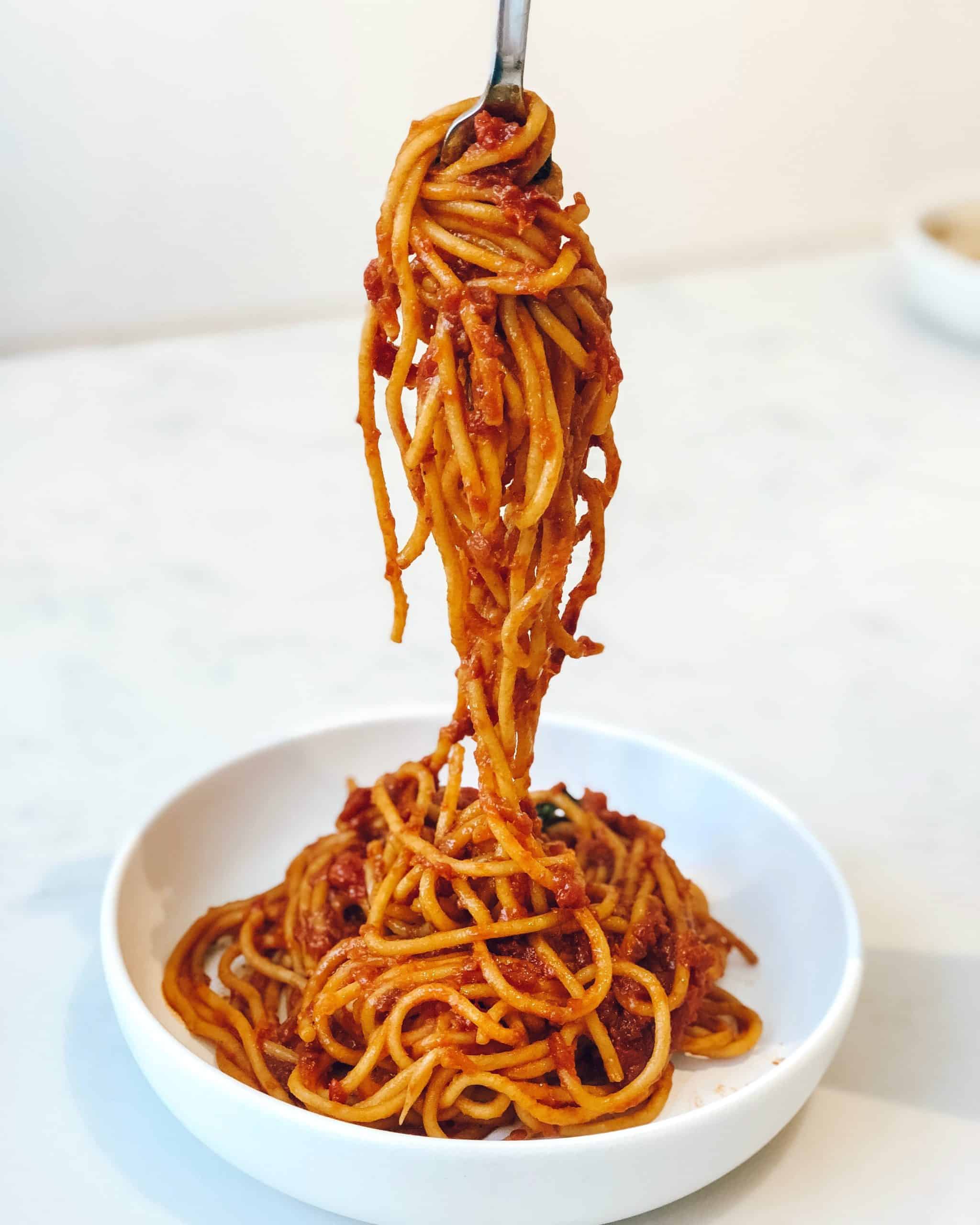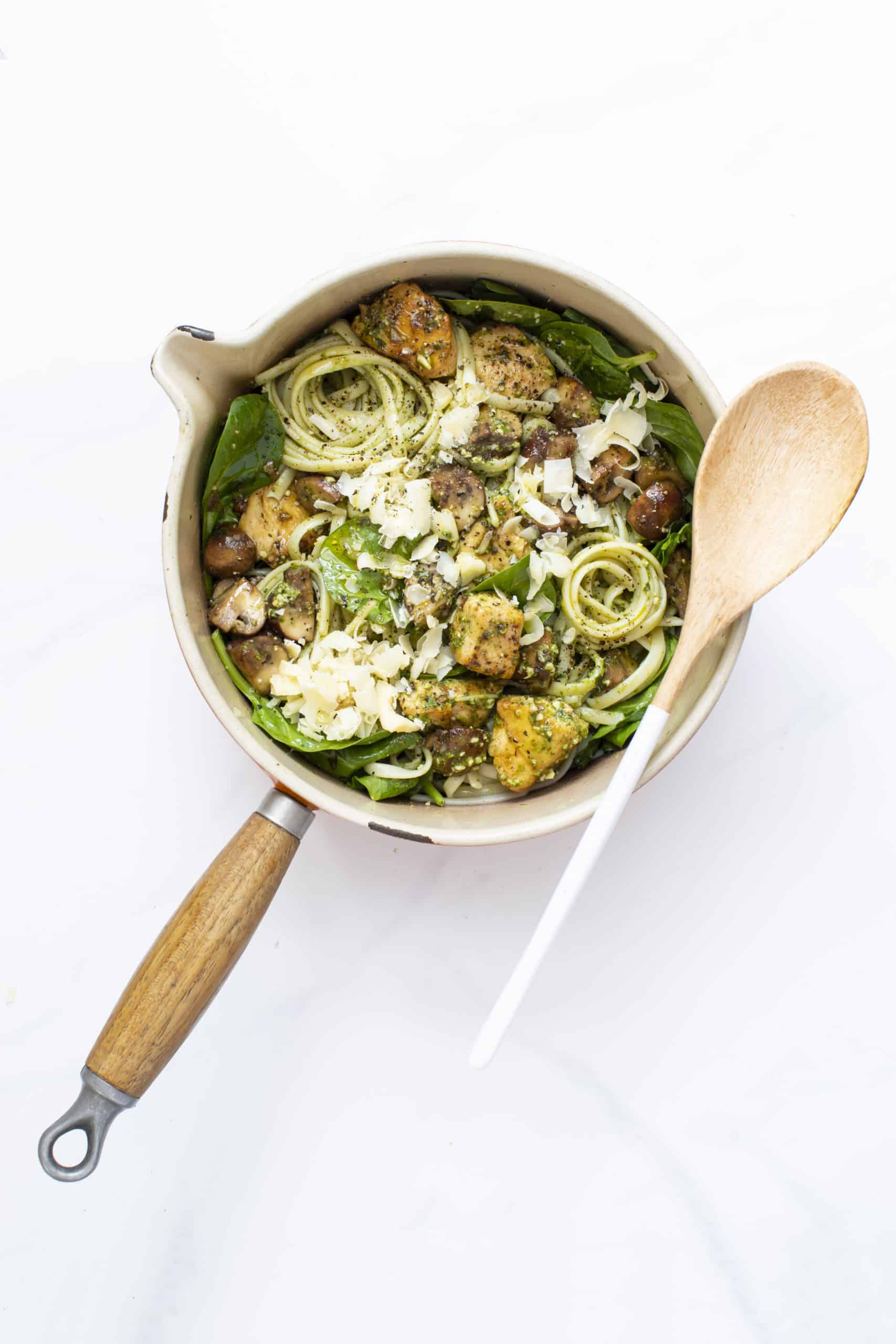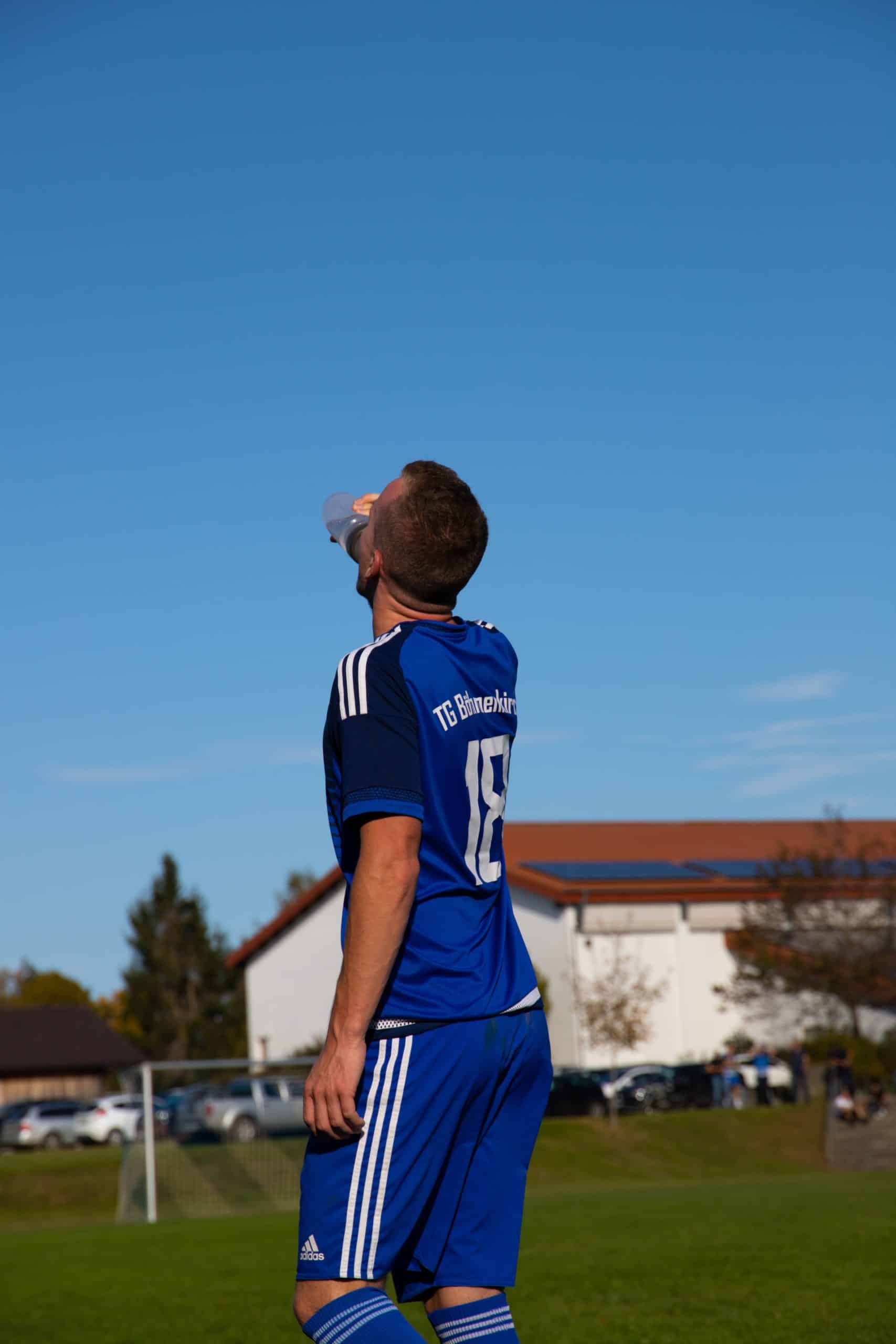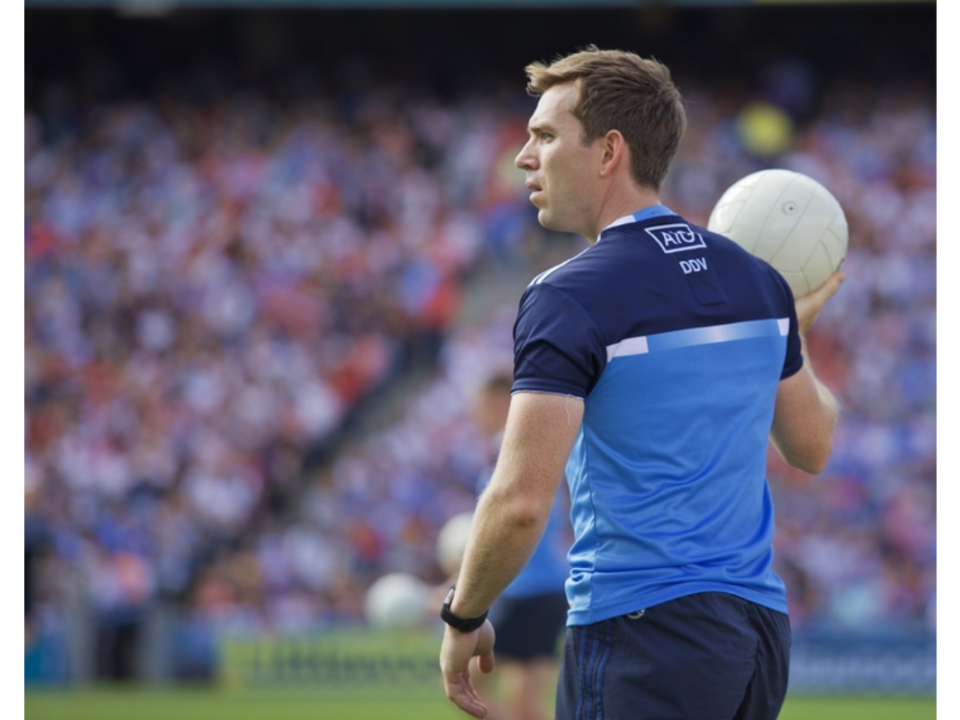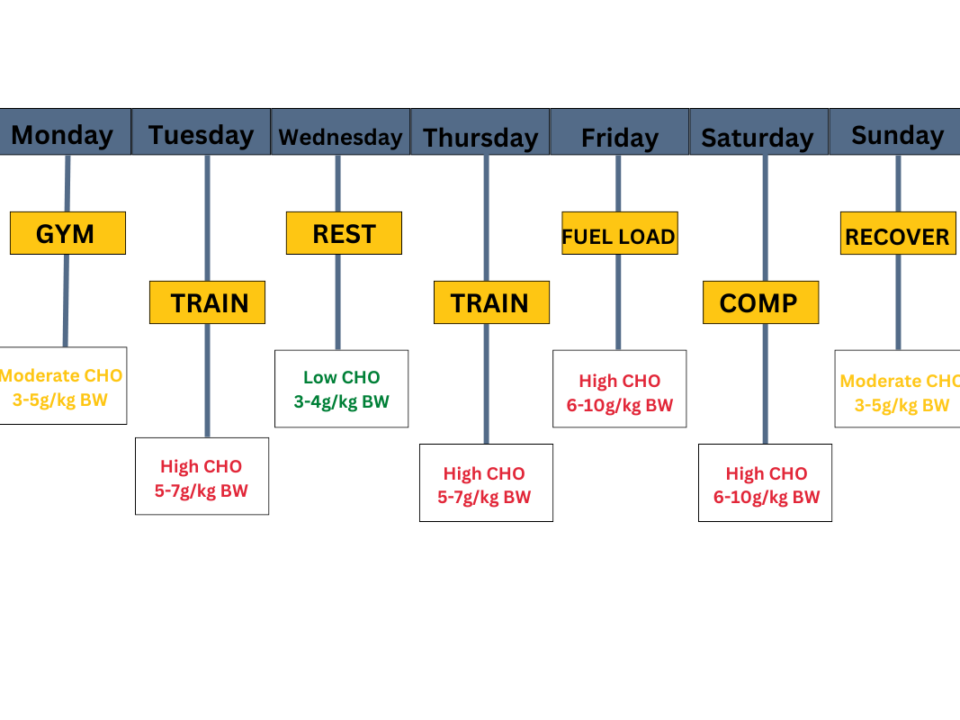Strategically fueling for training and games
Smart carb summary
- Carbohydrate is the primary fuel required by those completing regular bouts of high-intensity exercise.
- Your need for carbohydrate is dependent on your level of physical activity / training.
- Your need for carbohydrate is lower on days when you are less active and higher on days when you are more active.
Choosing the right fuel type
There is no doubt that carbohydrate is the primary fuel required by those completing regular bouts of high-intensity exercise, and it is vital for optimal performance by athletes competing in high-volume intense exercise.
In simple terms, high-intensity exercise means running, cycling, swimming at above 70 per cent of total exercise capacity. This means your heart rate is at 70 per cent of your maximum heart rate which can be calculated by subtracting your age from 220. Despite what you may see on social media, anyone who does regular physical activity has no reason to avoid carbohydrate foods.
Fat as an important energy source
 Fat is the primary fuel used during slow or moderate intensities of exercise such as walking, slow-jogging, light-intensity cycling or swimming. At this pace, the body’s energy system relies much more on our fat stores rather than circulating sugar and glycogen (the body’s carbohydrate stores).
Fat is the primary fuel used during slow or moderate intensities of exercise such as walking, slow-jogging, light-intensity cycling or swimming. At this pace, the body’s energy system relies much more on our fat stores rather than circulating sugar and glycogen (the body’s carbohydrate stores).
Recreational athletes need considerably less carbohydrate than those completing high volumes of high-intensity running. In fact, people who are mainly recreationally active may benefit more from mainly eating carbohydrate-rich foods only on exercise days. This allows the body to use its fat stores as a source of energy, and also allows for more efficient use of carbohydrate when it is consumed around training. That is not to say carbohydrate is not necessary for performance. It’s better to think of it from the perspective of fueling for the work required.
A person doing manual labour, like block-laying for example, requires much more energy than someone sitting at a desk all day. In other words, eat more carbs on days when you are completing moderate or high-intensity exercise compared to days when you are mainly inactive.
Carbohydrates and training
When training regularly, you should consume foods that provide the body with a steady supply of energy. Carbohydrate needs can easily be met from eating whole foods like oats, root vegetables and fruits. So on training days you could eat porridge for breakfast, fruit and nuts for snacks and some sweet potato or quinoa for lunch and dinner. You should eat your last meal at least two to three hours before you train. The quantity of these foods does not have to be large as small portions will often more than adequately meet your energy needs for training or workout. After exercise, a small snack, fruit smoothie or a balanced meal with vegetables and a lean meat will promote optimum recovery.
Carbohydrate in particular is the main macro-nutrient that athletes must consume in the lead-up to games as it is the primary source of energy the body relies on during high intensity exercise. While you may have heard recent reports about the potential benefits of low carbohydrate diets in various aspects of health and training, there is still no compelling evidence that such approaches are appropriate for performance in high intensity sports.
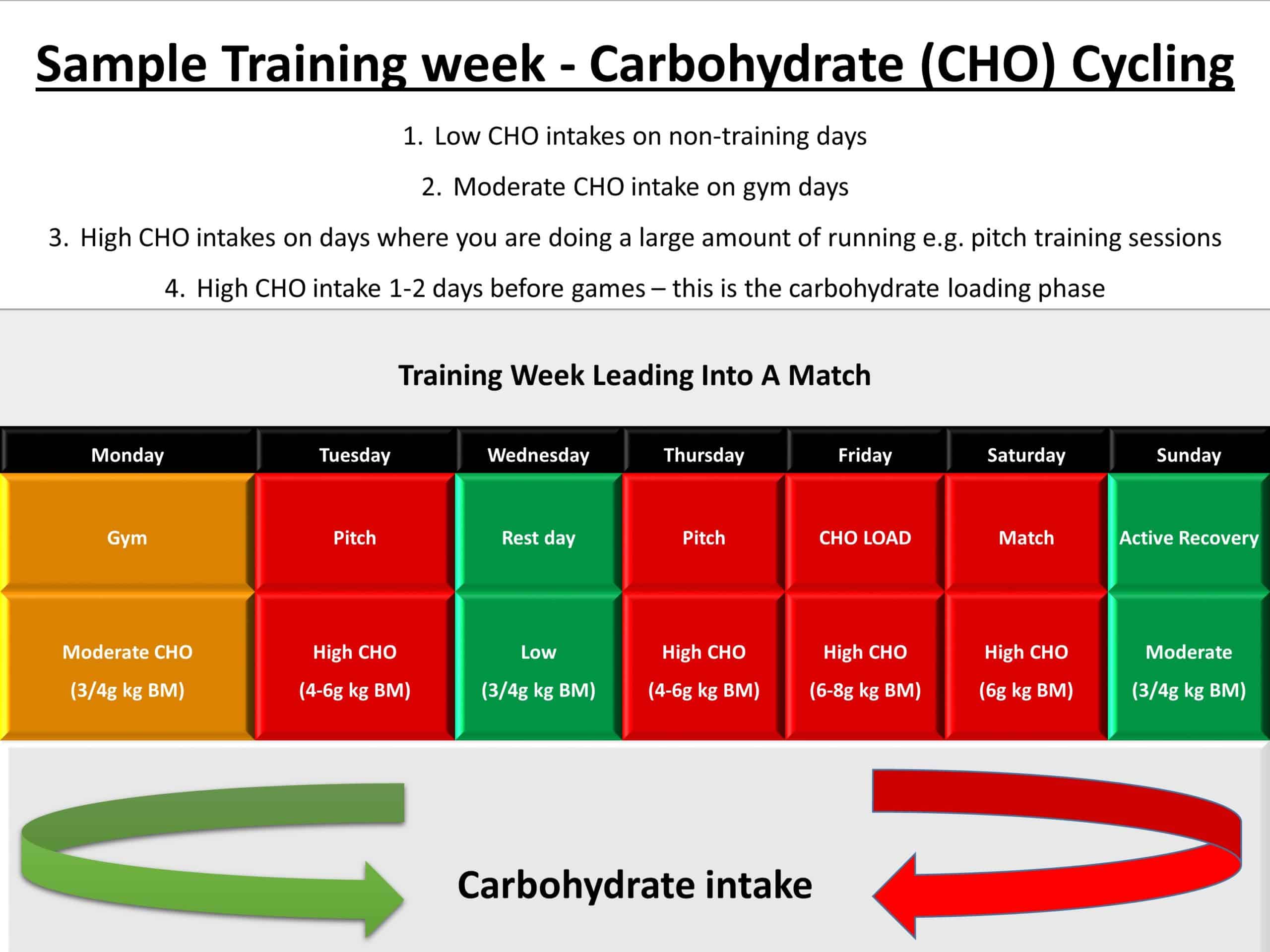 Carbohydrate pre matches or competition
Carbohydrate pre matches or competition
Despite the general acceptance that athletes should maximise carbohydrate stores in the lead-up to games, in my experience many athletes do not eat sufficient amounts of, or the right type of, carbohydrate-rich foods in the preparations for games.
Consuming a high carbohydrate diet has repeatedly been shown to improve exercise performance by limiting fatigue and maintaining energy levels. Carbohydrate stores within the body (something known as “glycogen” in the muscle tissue and liver) are relatively limited in supply and must be topped up after each training session.
 Planning and preparation of appropriate carbohydrate meals is therefore an essential part of an athlete’s routine in preparation games. The process of fuelling up for games is commonly known as ‘carbohydrate loading’. In simple terms, the strategy is that training sessions will be tapered (shortened) in the few days leading up to a game, whilst the athlete will eat a large amount of carbohydrate (more than they usually would day to day) to store as much glycogen in the liver and muscles as they can.
Planning and preparation of appropriate carbohydrate meals is therefore an essential part of an athlete’s routine in preparation games. The process of fuelling up for games is commonly known as ‘carbohydrate loading’. In simple terms, the strategy is that training sessions will be tapered (shortened) in the few days leading up to a game, whilst the athlete will eat a large amount of carbohydrate (more than they usually would day to day) to store as much glycogen in the liver and muscles as they can.
Fuel up pre-match
If you are fueling up for a match the minimum intake of carbohydrate to ensure you are well fuelled and ready to perform at your best is 6 g of carbohydrate per kg body mass. Some athletes who cover very high volumes of running in matches may benefit form consuming 6 g of carbohydrate per kg body mass.
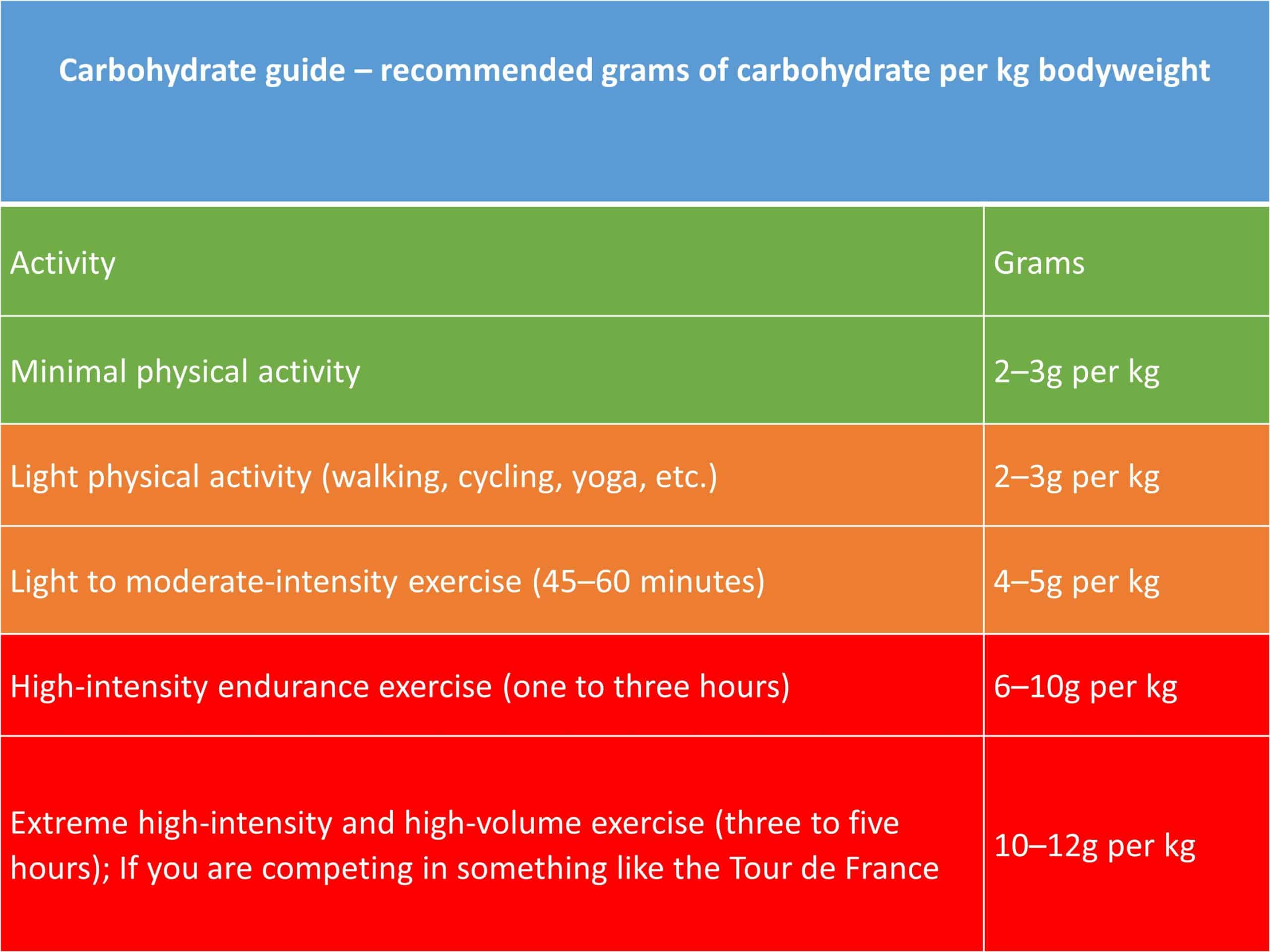 Timing
Timing
Nutrition preparation must take place far in advance of the game – a fact that is not always appreciated. If an athlete has not consumed sufficient fuel in the 36-48 hours prior to the day of the game, they will not be able to compensate for the energy deficit by eating an enormous pre-game meal (and you would be surprised how many times I have seen this happen!). Hence, getting your nutrition preparation right in the lead-up to the game is vitally important.
When is the game?
The aim should be to plan your nutrition strategy based on the time of the match. Most games are played at the weekend either on a Saturday or a Sunday in the evening or afternoon. If a game is on a Saturday evening most teams will train two days before on the Thursday evening. In this case, you should increase your energy and in particular your carbohydrate intake immediately after training. Your first post-training meal (within 30 minutes) should contain a fast-digesting source of carbohydrate and protein, i.e. a flavoured milk, followed by a nutritionally-balanced meal like homemade shepherd’s pie with lots of root vegetables. The Friday before the game is particularly important for maximising carbohydrate stores as this is the day when you will consume the majority of energy and carbohydrate-based meals, spaced out nominally into three main meals and three snacks.
 Target amounts or CHO and foods
Target amounts or CHO and foods
The amount of carbohydrate required in the lead up to a game will depend on the length and intensity of the game. For professional rugby players the requirement may be > 8g of carbohydrate per kg of body mass for carbohydrate loading. This equates to 640-800g per day for an 80 kg player. A simple way of looking at it would be to add two extra carbohydrate meals on top of your typical food intake (usually six meals as outlined above). You could also choose the option of using fruit juices as an easy way to add carbohydrate to your meal plan, apple juice often works effectively here.
For example, two extra meals could be (i) a bowl of porridge with some chopped banana and (ii) a fruit smoothie with honey. If you wanted to be more specific and ensure you are meeting your target for carbohydrate. Also it goes without saying you can use the competition fuel up plan in the meal plan section of the website.
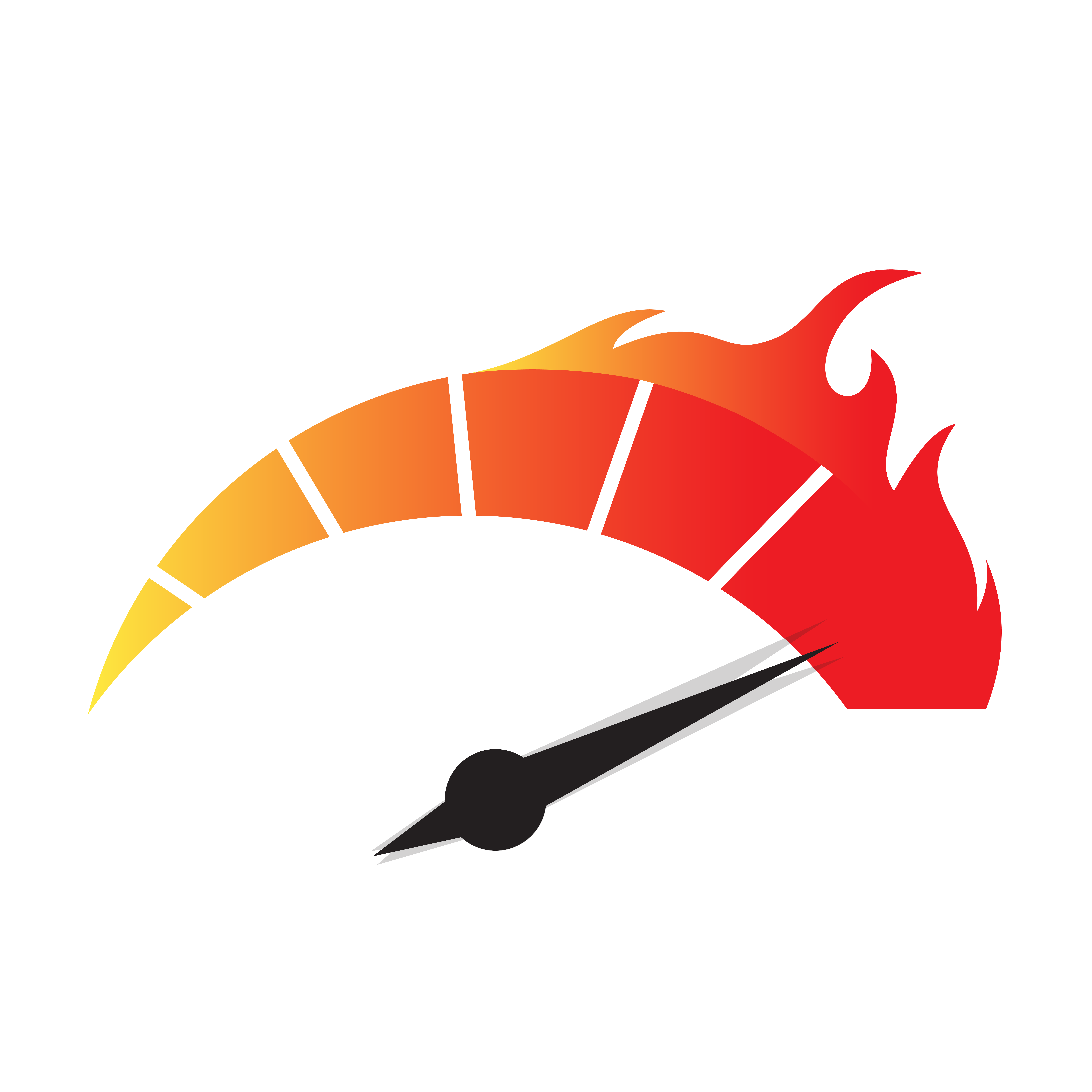 Game day
Game day
On the day of the game the majority of your fueling should already be taken care of, and it should be a matter of topping up your fuel stores with lighter, easy to digest meals. If your game is in the afternoon, you should get up early and start your day’s fueling by having a medium to large breakfast based around carbohydrate foods. The meals should be low in fat, low in fibre and contain a slow-digesting source of carbohydrate – a bowl of porridge fits the bill nicely here.
 If the game is in the afternoon, your breakfast should be your largest meal. Your stomach should be more or less empty come throw-in/kick-off, and for this reason your last meal should be 3 to 4 hours before the game. The meal should be easy to digest, so fat, lots of protein and high fibre foods like vegetables should be limited. Pasta and chicken is common choice but rice, noodles, potatoes and even something like pancakes can also work well.
If the game is in the afternoon, your breakfast should be your largest meal. Your stomach should be more or less empty come throw-in/kick-off, and for this reason your last meal should be 3 to 4 hours before the game. The meal should be easy to digest, so fat, lots of protein and high fibre foods like vegetables should be limited. Pasta and chicken is common choice but rice, noodles, potatoes and even something like pancakes can also work well.
It has become common practice for athletes to consume jellies, energy drinks, and high-energy snacks like Jaffa Cakes in the hours immediately prior to a game, but if carbohydrate stores have been filled through appropriate carbohydrate loading and the pre-match meals, this is not necessary. Nonetheless if an athlete feels hungry or habitually consumes a specific light snack like two Jaffa Cakes, and feels better by having it in the 1 to 2 hours before the game, then that is perfectly fine.
